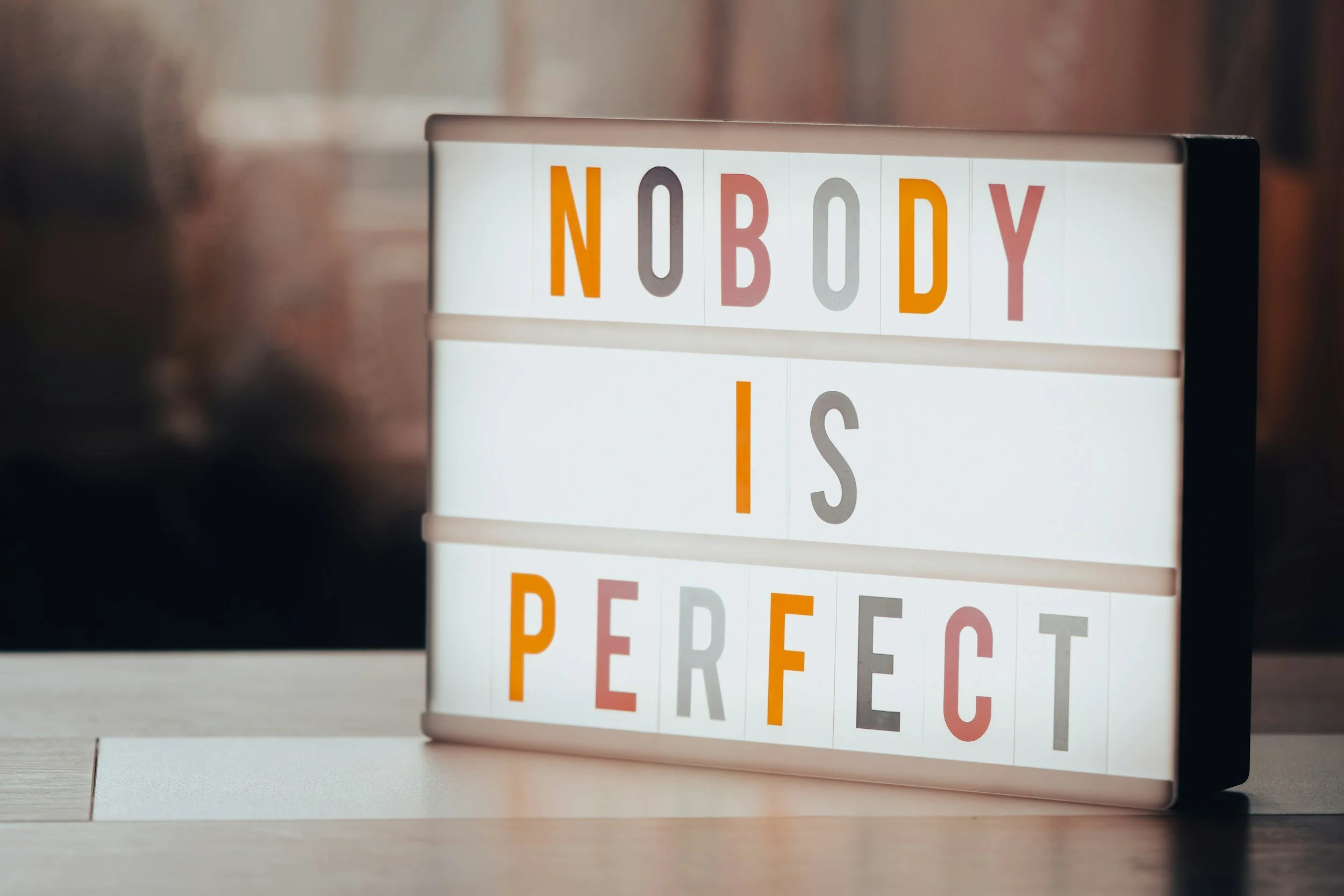
BLOG

Sometimes Self-Love Looks Like Leaving the Coffee Shop
A therapist's perimenopause discovery and what self-love actually looks like for high achievers who struggle to rest. A personal story about listening to your body.







A therapist's perimenopause discovery and what self-love actually looks like for high achievers who struggle to rest. A personal story about listening to your body.




